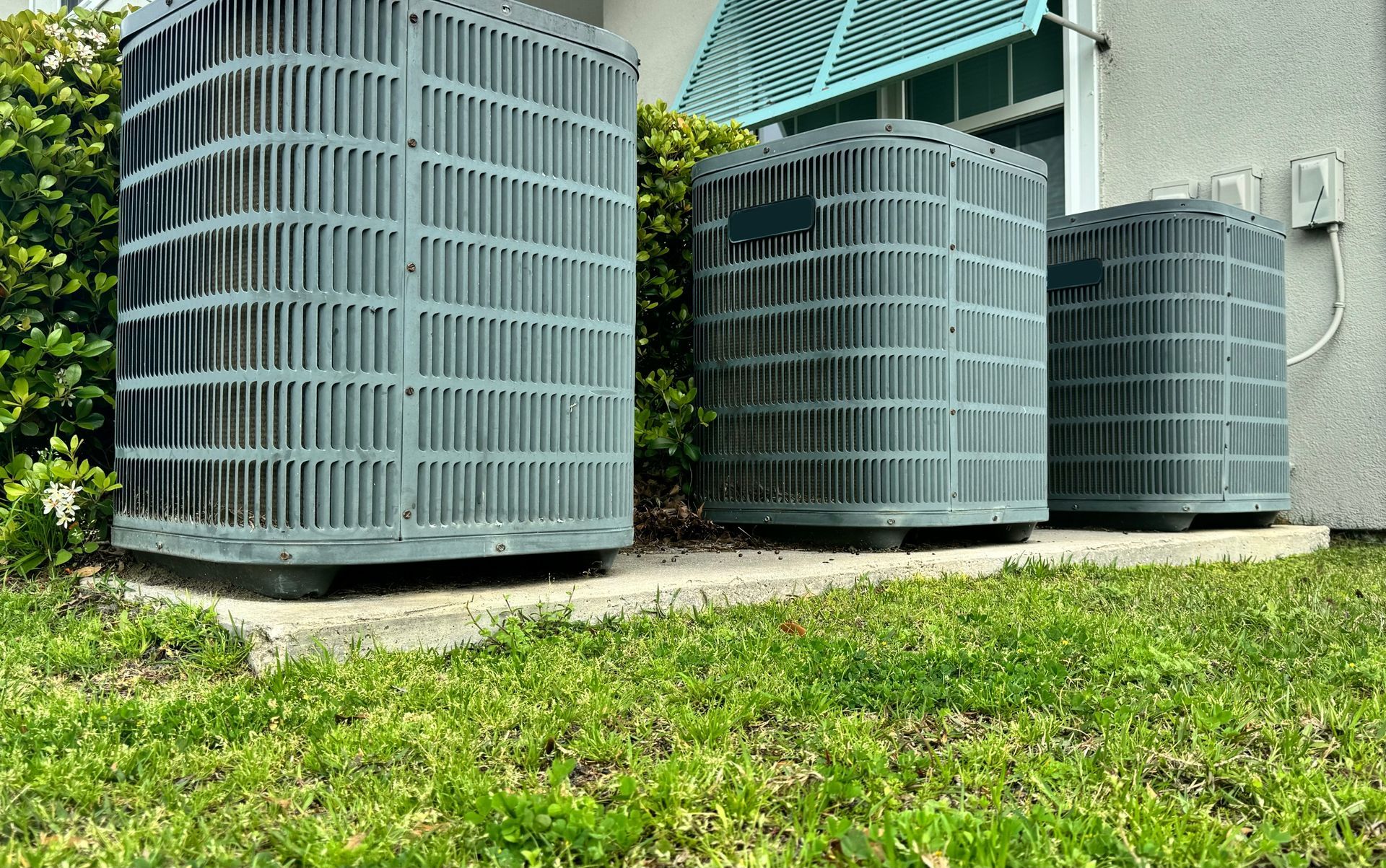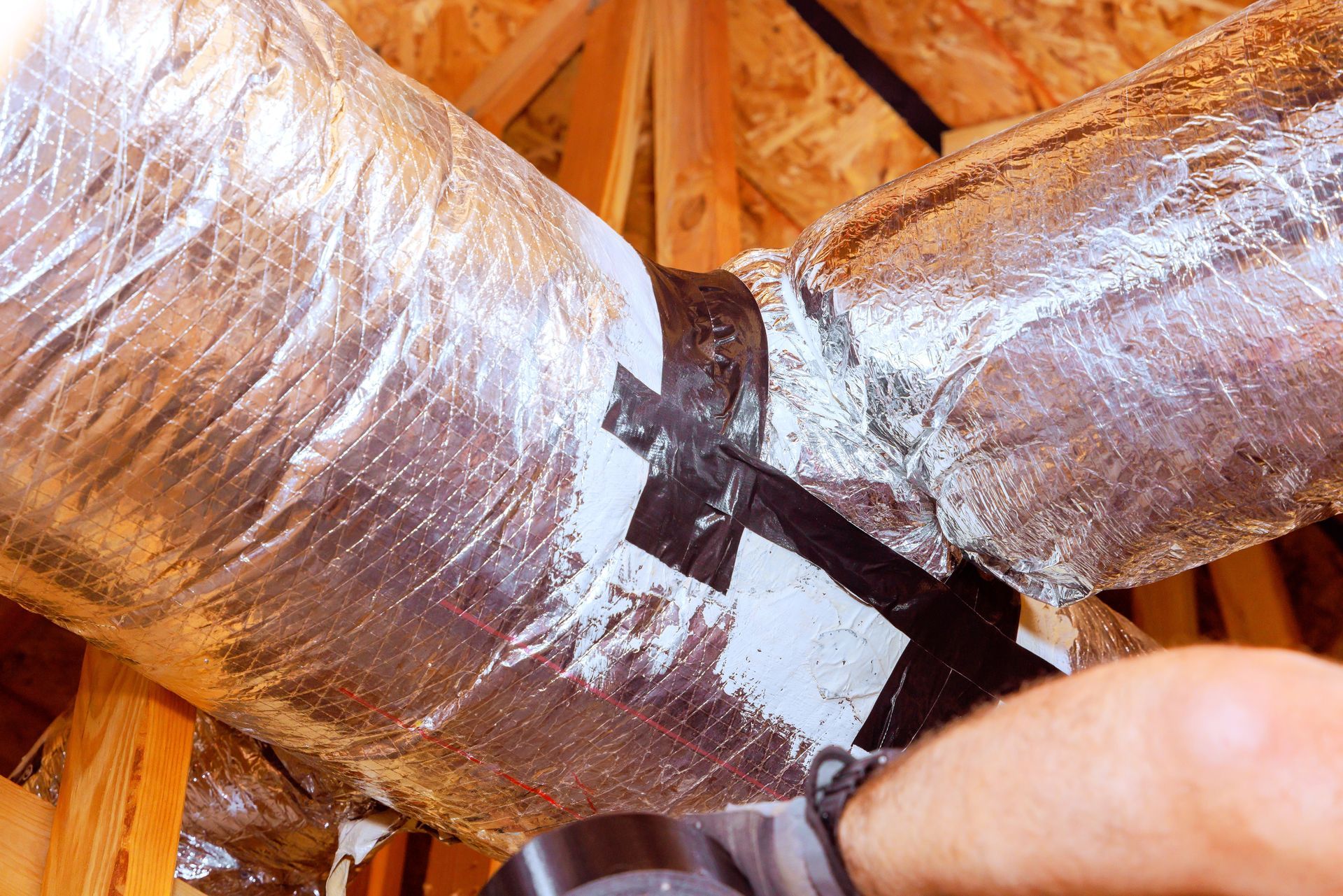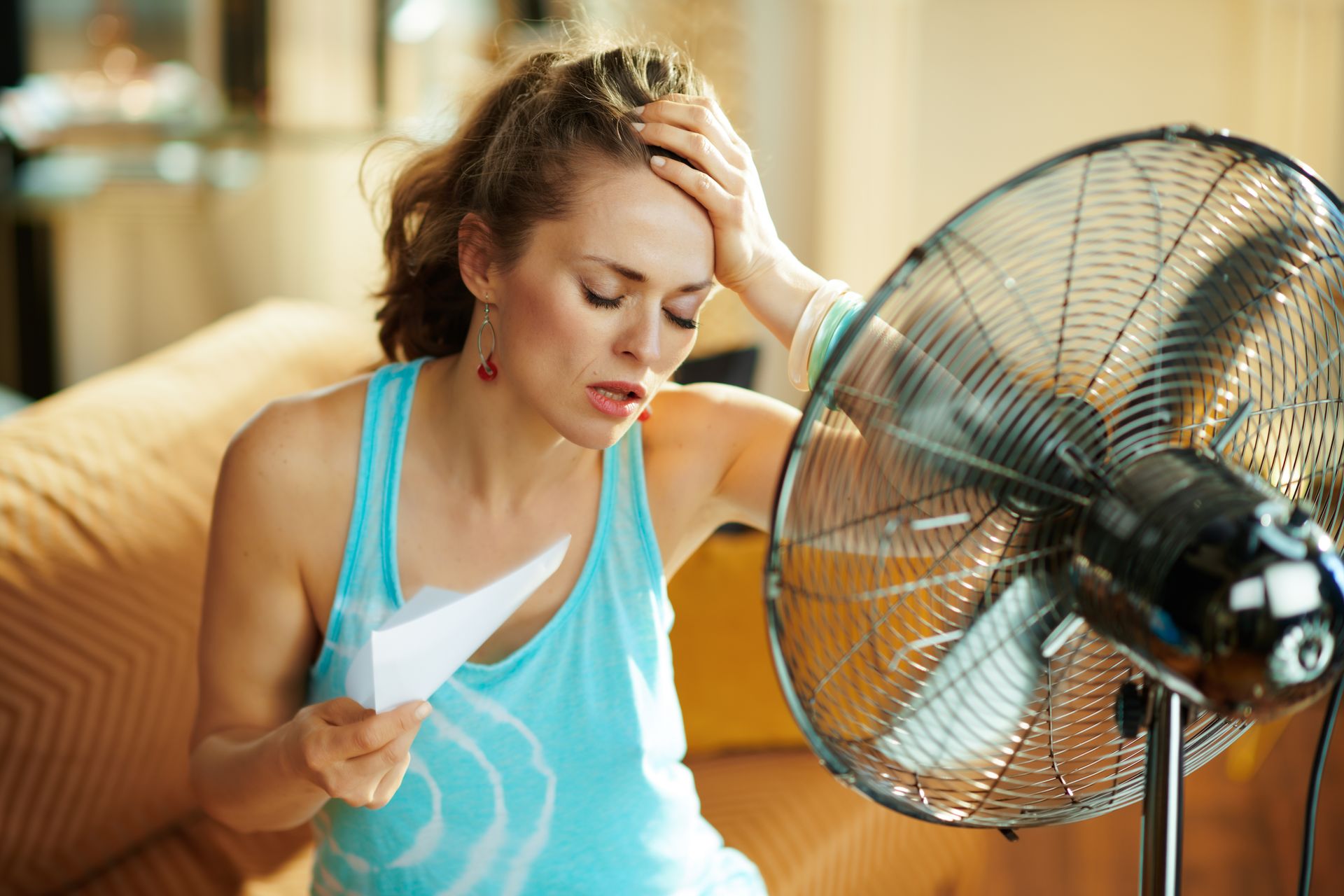Common HVAC Problems Caused by Humidity: Solutions and Prevention

In Alabama, it’s understood that humidity is just a part of life. It plays a crucial role in keeping our state’s vibrant ecosystem and wildlife thriving. And while we’ve learned to live with it, we still have to combat the potentially negative effects it can have on homes, particularly on our HVAC systems.
So, what are those common problems, and what can we do to fix them? Well, let’s take a look…
Coolant Leaks
Coolant (refrigerant) leaks are not only a common problem in Alabama, but in the Southeast. This is mainly due to the region’s hot and humid conditions, which speed up the corrosion process of the copper tubes inside an AC unit.
While copper tubes are incredibly sturdy, they are susceptible to wear and tear over time. By using protective coatings, you can keep your unit’s copper tubes from corroding (as long as the coating doesn’t interfere with heat transfer.)
Clogged AC Drain Lines
Alabama’s humid climate can cause moisture buildup to occur within the AC unit’s drain line (also known as a condensate line.) As a result, standing water can gather in the line, making it a perfect environment for microbes like mold and algae to grow. Once microbes start growing in the line, they can cause clogs to develop.
Clogs can cause several issues including:
- Frozen evaporator coil: Evaporator coils can freeze if water pools around them (which results from a clogged drain line)
- Water damage: Water can back up and potentially damage the areas surrounding the line, including walls, ceilings and floors
- Mold and mildew growth: Excess water can cause mold and mildew growth to develop in your home
Luckily, a wet/dry vacuum can be used to suck up excess water and debris. Flushing your drain line can also help unclog the line. Drain lines should be flushed on a frequent basis to prevent clogs from recurring. Routine maintenance can also reduce the likelihood of a clogged drain.
Electrical Control Failure
High levels of humidity can cause condensation to appear within the electrical components of your HVAC system. Condensation can cause a multitude of problems, including:
- Corrosion – Can lead to to short circuits within the unit (short circuits can cause damage, trip breakers and potentially cause a fire)
- Overheating – Dust and other debris can become moist, making it hard for air to circulate, which can cause the system to overheat
- Attracts dirt and dust – Moisture can attract dirt and dust, reducing the overall efficiency of your system
- Causes static electricity – static can damage the more delicate components of your system (which can lead to electrical issues, further damage to system and possibly cause a fire)
While much can’t be done to stop humidity from infiltrating your HVAC system’s electrical components, regular inspections can stop the problems from getting worse. Checking the wires for damage, making sure your HVAC system is connected to a reliable source and installing surge protectors can lower the risk of electrical control failure.
Routine Maintenance Is Essential To Combat the Effects of Humidity
Routine maintenance is important for keeping your HVAC running smoothly. The more efficient your HVAC system is, the less work your AC has to do to combat humidity in your home. While you can replace your own air filters, for other forms of routine maintenance, it’s best to get a professional HVAC technician to perform these services, which include:
- Checking your refrigerant levels: Low refrigerant levels can cause your compressor to overheat, which can then cause your AC to break
- Testing your thermostat: A faulty thermostat can cause inaccurate readings, making your AC work harder than it should
- Inspecting your ductwork: Poorly installed ducts or damaged ones can result in leaks, which can put pressure on your AC unit
Need Help With HVAC Maintenance? Let Us Help!
If you're looking for a team of experienced HVAC technicians, C & G has got you covered! Located in Smiths Station, C & G Heating & Air Conditioning serves communities across the Alabama-Georgia border including Phenix City, Opelika and Columbus.
For more information about our HVAC services, give us a call at 334-489-3329. To learn more about other services, including HVAC installation and Duct Work, click the link
here.


